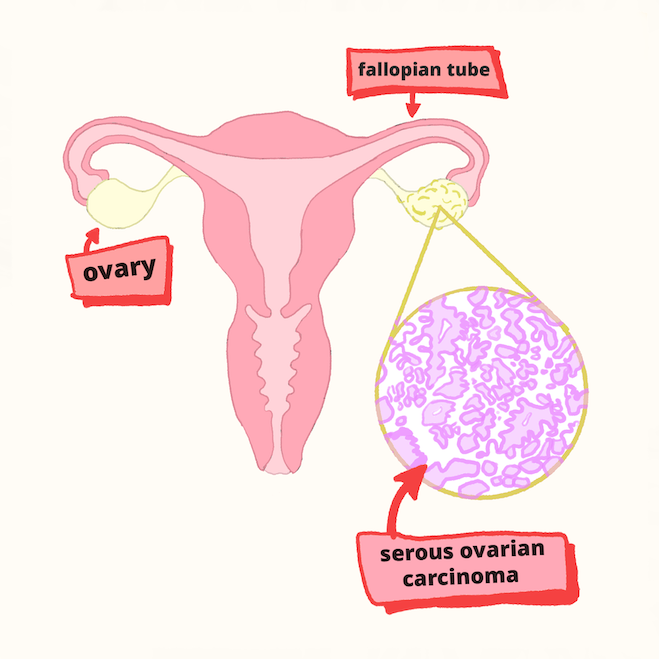Latest research animations
Self-assembly of spider silk
This gut microbe might protect against diabetes and reduce insulin resistance
NEW: One-way hydrogel guides motion of tiny worms!
Latest Posts
Mutations, CRISPR, and spinocerebellar ataxia
Gene regulator that allows plant rehydration after drought
Researchers create a functional salivary gland organoid ?
Getting a grip on slow but unique shark evolution
Ig Nobel awards: Silly experiments that strike gold
A self-powered heart monitor taped to the skin
AI used to detect fetal heart problems
Protostars that exhibit large diversity in organic compounds
Scientists solve epigenetic barriers to cloning
Transgenic plants ??on acid survive without water
Two genes that regulate how much we dream
Flies use fecal deposits as pheromones
Hippocampal memory isn’t all about place cells
Summer fun: how plants beat the heat
Freedom from fear ?♀️
Blue gene regulation helps plants respond properly to light
Out on a limb: the many ‘brains’ of the octopus
Mutation links bipolar disorder to mitochondrial disease
My science communication journey in Tokyo
Gene linked to intellectual ability affects memory replay in mice
Quick, call Spiderman: scientists discover how spider silk is formed
Mutation protects against Alzheimer’s disease in mice
Plant peptide spells relief from salty stress
Putting E. coli to work for us
Why being sick can create anxiety
Plant hormone combats dehydration
Heat shock system helps dried up bug come back to life
In living color: imaging the brain with synthetic bioluminescence
Deep-brain exploration with nanomaterials
Running away from carbon dioxide: the terminal connection
Rainbow engineering to make the brain glow
Geostationary satellite enables better precipitation and flood predictions
Clean and green: a moss that removes lead (Pb) from water
The brain’s GPS has a buddy system
Leaky plants bad for drought resistance
Helping the body clock keep its cool
The stars align
What’s that smell? The advantage of sniffing
Quantum dots light up cancer with a little help
Real webshooters? Synthetic spider silk spun from artificial gland
Omics Omics Omics: Analysis predicts ovarian cancer-treating drug
First hydride-ion battery that works at room temperature
Plants to the rescue: cleaning up our dirty soil
Stolen genes used for parasitic mind control
Machine learning contributes to better quantum error correction
Laser melting ice-core sampler for studying climate change
Gut bacteria reduces insulin resistance, protects against diabetes
Scary places burned into our minds by constant memory replay
May
22

Root growth improved in soil contaminated with cesium
Overactivating the ABA signaling pathway in plants prevented cesium in soil from blocking root growth in plants.
May
17

Japanese people are a mixture of three separate ancestral groups
A new study shows that the current Japanese population is derived from 3 ancestral groups, one of which brought Denisovan DNA to the party.
May
13

Space Café Tokyo explains sus sci-fi media
Our very own Kelly writes about how much fun she had at Space Café Tokyo. Softcore science and beer.
May
10

Recipe for hydrogen: sprinkle manganese oxide with iridium atoms, add water
A few iridium atoms also go a long way. When sprinkled on manganese oxide, hydrogen is produced with 95% less iridium!
May
6

Stable green hydrogen production in a PEM electrolyzer
A little structurally manipulated manganese goes a long way when using a PEM electrolyzer to make hydrogen from water.
Apr
24

Brainless memory makes the spinal cord smarter than previously thought
The spinal cord learns how to direct limb muscles to avoid aversive sensations and recalls the memories using separate neural circuitry. Oh, and without a brain!
















































